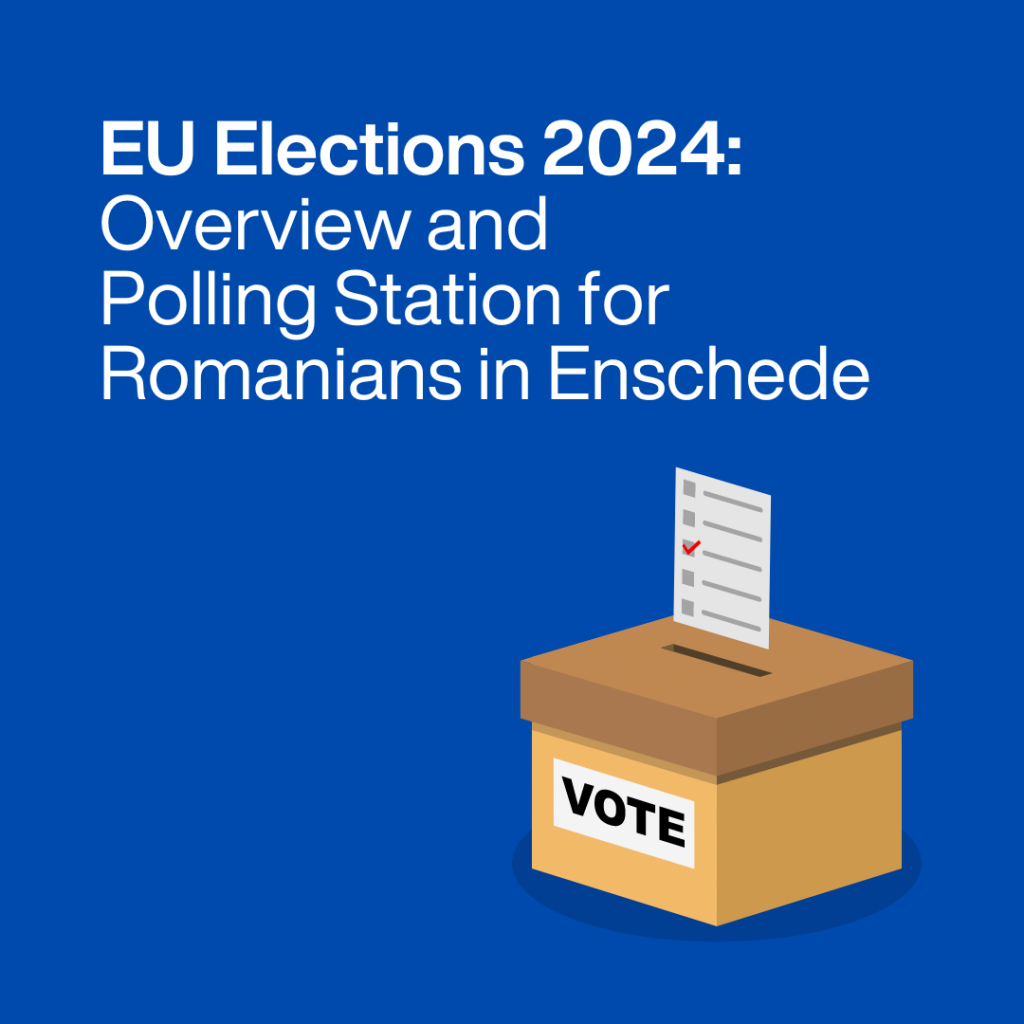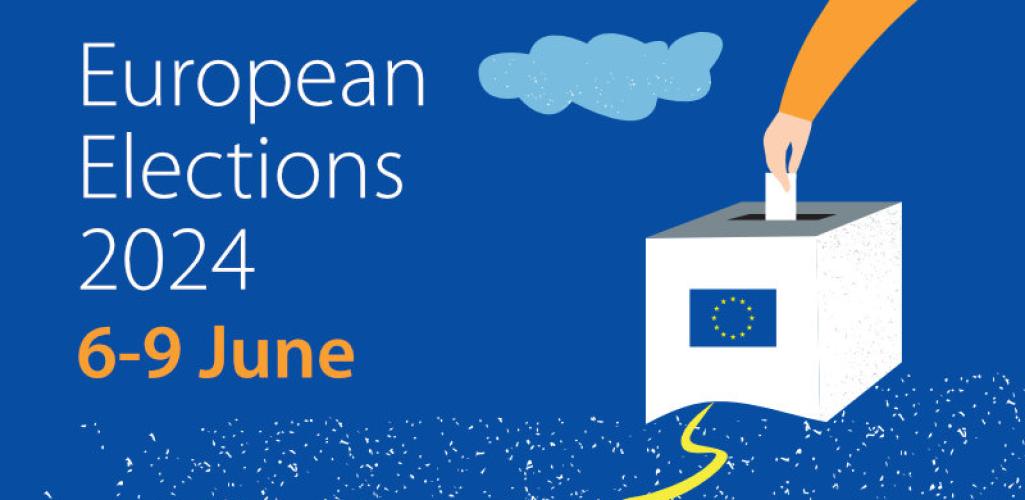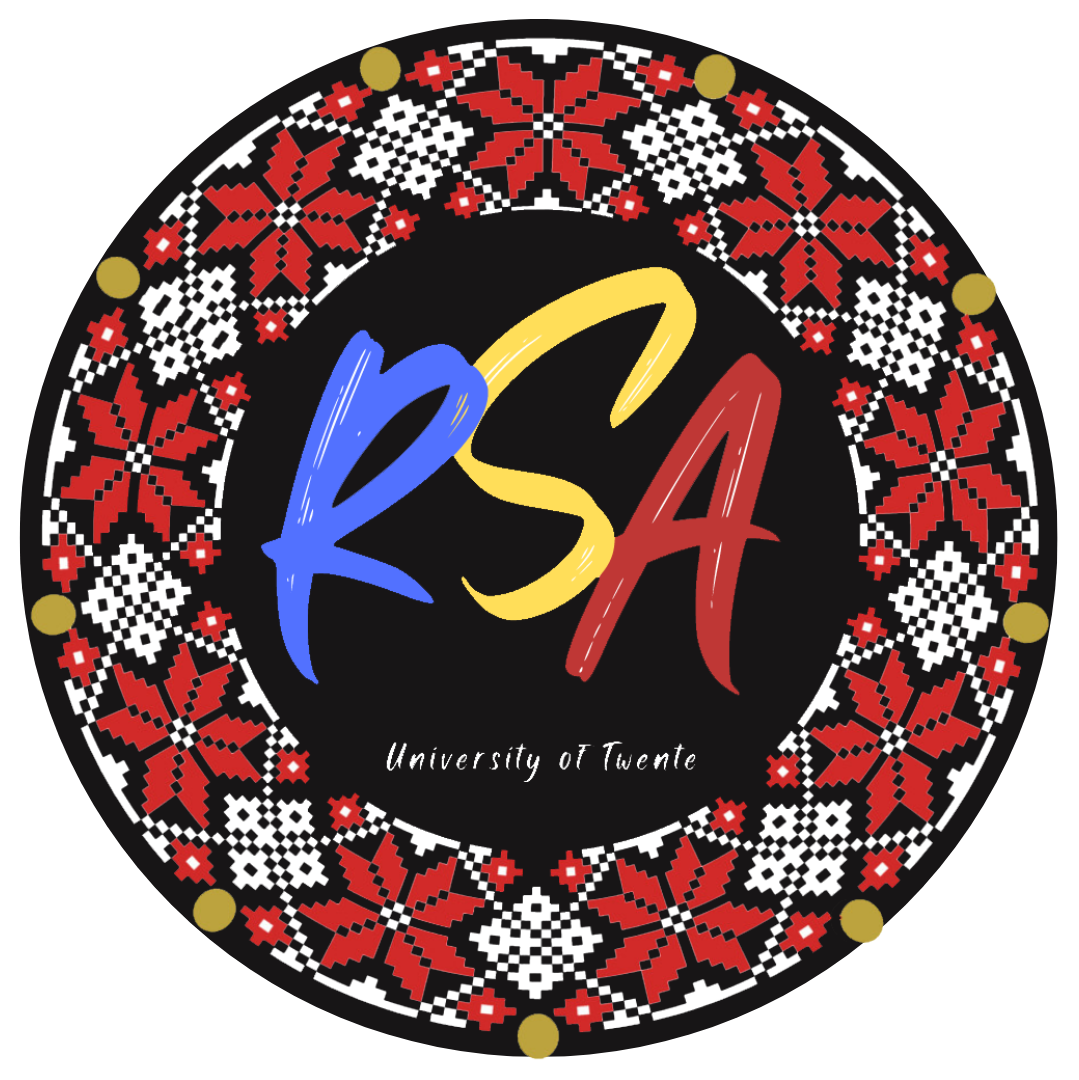
General Introduction
Every 5 years, the EU Elections take place throughout the entire European Union. Also known as the EU, it is dedicated to promoting peace, cooperation and uniting countries in the European Region. The European Parliament, as the legislative body of the European Union, primarily functions in oversight, budget formulation, and legislation enactment. More importantly, it serves as the voice of European citizens.
Currently, the European Parliament has a total of 705 seats, with the allocation primarily based on the population of member states. Countries with the largest populations have the highest number of seats, such as Germany with 96 seats, while those with the smallest populations, such as Cyprus, Luxembourg, and Malta, have only six seats each. To fill the seats, each member state holds party-based elections over a set period, with seats in the European Parliament allocated to parties based on their share of the vote. It’s important to note that the electoral methods and standards vary slightly in each country.
The European Parliament mainly consists of 8 political groups, among which the largest is the European People’s Party (EPP), followed by the second-largest Progressive Alliance of Socialists and Democrats (S&D). The others are:
- Renew Europe, European Conservatives and Reformists (ECR),
- Greens/European Free Alliance (Greens/EFA),
- Identity and Democracy (ID)
- European United Left/Nordic Green Left (GUE/NGL).
The EPP advocates Christian democratic values, emphasizing freedom, solidarity, and social justice. Additionally, it supports European integration, believing that member states should cooperate, establish diplomatic relations, and promote social stability. As for S&D, they advocate social democracy, emphasizing economic equality to reduce wealth disparity, while also opposing discrimination and inequality. The main difference between EPP and S&D is that S&D seeks to reduce wealth disparity and achieve economic fairness through government intervention in the economy, while EPP supports economic freedom and opposes excessive government regulation and intervention.
Romania & EU Elections
The main political parties in Romania are:
- the National Liberal Party (PNL)
- the Social Democratic Party (PSD)
- the Save Romania Union (USR)
- the Hungarian Democratic Union of Romania (UDMR).
In the 2019 European Parliament election in Romania, Romania had 33 seats in the European Parliament, 10 members from the National Liberal Party (PNL), 2 members from the Democratic Alliance of Hungarians in Romania (RMDSZ) and other 2 members from the People’s Movement Party (PMP) joined the EPP Group. As for S&D, 9 members from the Social Democratic Party (PSD) joined them.
EU Elections

As the European elections loom on the horizon, political analysts and citizens alike are eagerly anticipating the outcome and speculating on the potential aftermath. These elections are always significant, reflecting the diverse and evolving political landscape across the continent. With issues such as Brexit, immigration, climate change, and economic stability at the forefront of public discourse, the stakes are particularly high this time around.
One of the key predictions circulating among experts is the continued fragmentation of the European political scene. Traditional centrist parties are expected to face challenges from both the left and the right, with populist and Eurosceptic movements gaining momentum in several member states. This trend mirrors the broader global shift towards populism and nationalism, fueled by discontent with establishment politics and concerns over sovereignty and identity.
European overview
In countries like France, Italy, and Hungary, populist parties are expected to make significant gains, tapping into voter dissatisfaction with the status quo and promising bold solutions to complex problems. For example, Marine Le Pen’s Rassemblement National, Matteo Salvini’s Lega Nord, and Viktor Orbán’s Fidesz are all poised to capitalize on anti-immigration sentiments and frustrations with the European Union’s bureaucracy.
Conversely, progressive and pro-European parties are also likely to see increased support, particularly in countries where there is a strong backlash against populist rhetoric. Leaders such as Emmanuel Macron in France and Pedro Sánchez in Spain have positioned themselves as champions of European unity and cooperation, offering an alternative vision to the divisive rhetoric of their right-wing counterparts.
Expected Aftermath of EU Elections
The aftermath of the elections is expected to be a period of intense negotiation and coalition-building as newly elected representatives seek to form alliances and shape the future direction of European policy. With no single party expected to secure an outright majority in the European Parliament, compromises will need to be made, and diverse voices will need to be heard to build consensus on key issues.
Brexit will continue to cast a long shadow over European politics, with the UK’s departure from the EU reshaping the dynamics of power and influence within the European institutions. The aftermath of Brexit may also serve as a cautionary tale for Eurosceptic movements, highlighting the potential economic and political consequences of disengagement from the European project.
Ultimately, the outcome of the European elections and their aftermath will have far-reaching implications for the future of the European Union. The rise of populism, the challenges of migration, and the urgency of addressing climate change all underscore the need for bold and visionary leadership at both the national and European levels. As voters across the continent head to the polls, they will be casting their ballots not just for individual candidates or parties but for the kind of Europe they want to see emerge in the years to come.
Polling station in Enschede
The Romanian Student Association is looking forward to organising a voting station for all Romanians in Enschede and those in transit of the region so that they can register their vote diligently and voice their opinions for who they want to vote for. For the EU Elections, Romanians can vote at any station without any registration necessary, only a valid ID is required. This initiative is supported and in partnership with both the Gemeente Enschede and the Embassy of Romania in the Netherlands and will be announced upon further confirmation.
Follow us for more insights and join our events!
References
- What are European elections and how do they work? (n.d.). European Elections 2024: All You Need to Know. https://elections.europa.eu/en/how-elections-work/
- Home | 2024 European election results | Romania | European Parliament. (2024, April 12). 2024 European Election Results. https://results.elections.europa.eu/en/romania/
- Griera, M., & Griera, M. (2024, March 18). Romania’s far-right snatches first place, Germany’s AfD drops: EU elections projection. www.euractiv.com. https://www.euractiv.com/section/elections/news/romanias-far-right-snatches-first-place-while-germanys-afd-drops-eu-elections-projection/
- European elections 2024: all you need to know. (n.d.). European Elections 2024: All You Need to Know. https://elections.europa.eu/en/
- Poloni, G. (2024, April 17). POLITICO Poll of Polls — European Election polls, trends and election news. POLITICO. https://www.politico.eu/europe-poll-of-polls/european-parliament-election/
- Wikipedia contributors. (2024, April 17). 2024 European Parliament election. Wikipedia. https://en.wikipedia.org/wiki/2024_European_Parliament_election
- Geerdink, L. (2023, November 28). Roemeense enclave in Enschede ijvert voor een eigen stembureau: ‘Twee uur reizen om te stemmen is veel te veel’. Tubantia. https://www.tubantia.nl/enschede/roemeense-enclave-in-enschede-ijvert-voor-een-eigen-stembureau-twee-uur-reizen-om-te-stemmen-is-veel-te-veel~a6e392ad/
